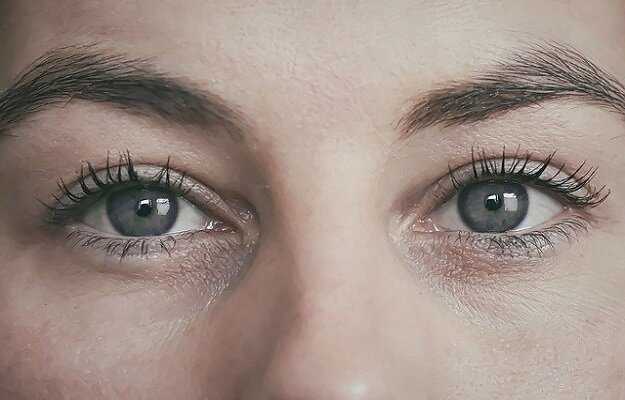Eye floaters are dark shadowy shapes (dots, squiggly lines or spiders) that appear in your field of vision. They are a normal part of the ageing process. Most adults have at least some floaters, and treatment is not needed for the condition. However, sometimes, floaters can be a sign of a health condition. Nearsightedness, eye injury, diabetes and retinal tears are some possible causes of eye floaters. If the floaters suddenly become worse, it is important to get proper medical treatment.
New Year Bumper Sale @ Rs. 1
X

- हिं - हिंदी
- En - English
- Treatment
-
- Skin Issues
- Acne
- Fungal Infection
-
- Hair Problems
- Hair Growth
- Hair Dandruff
- Self-Analysis
-
- Chronic Diseases
- Diabetes
- Heart Care
- Weight Loss
- Sleep Support
- Liver Care
- Stress & Anxiety
- Our Brands
- Doctor Consultation
- Medicine A-Z
-
Health A-Z
-
- Treatments
- Home Remedies
- Herbs
- Surgery
- Lab Test
- Therapy
- First Aid
- Ayurveda
- Homeopathy
-
- Yoga And Fitness
- Fitness
- Yoga
- Weight Loss
- Weight Gain
-
- Other Topics
- Baby Names
- Beauty
- Healthy Foods
- Tips
- Health News
- Pet Health
- Men Health
- Medical Cannabis
- Login / Sign Up
 Doctors for Eye floaters
Doctors for Eye floaters  OTC Medicines for Eye floaters
OTC Medicines for Eye floaters



















